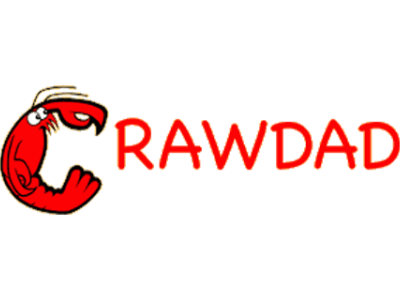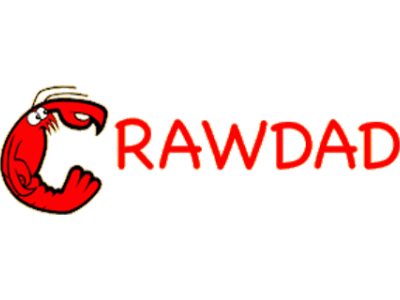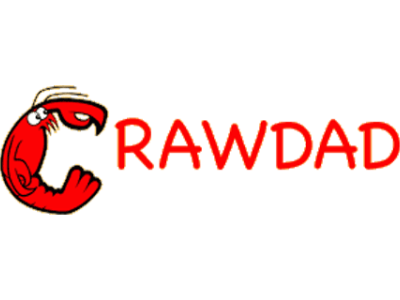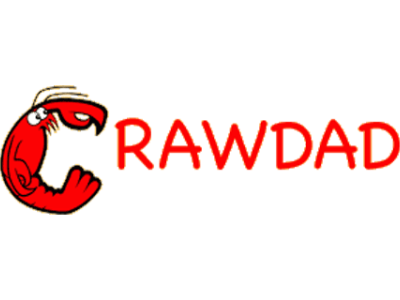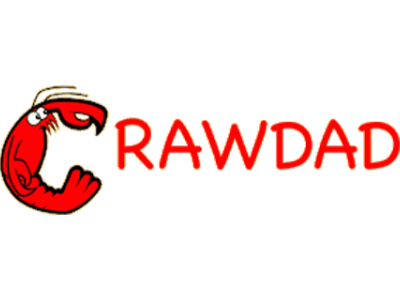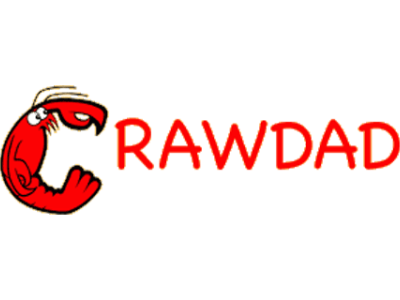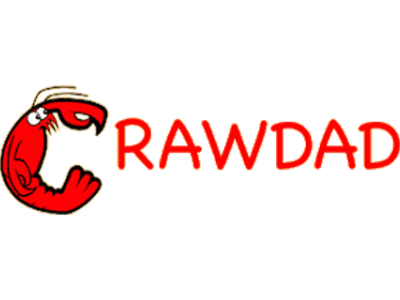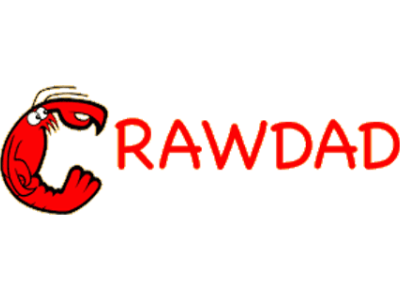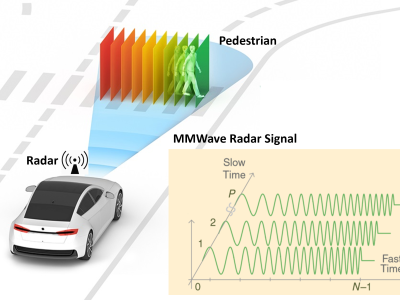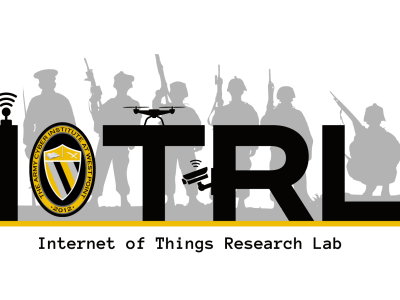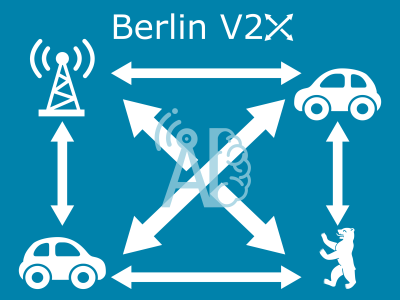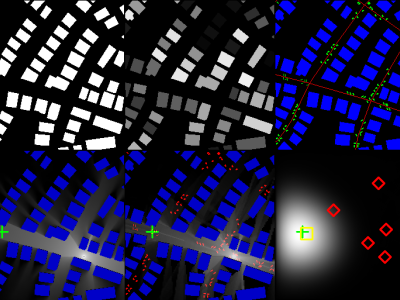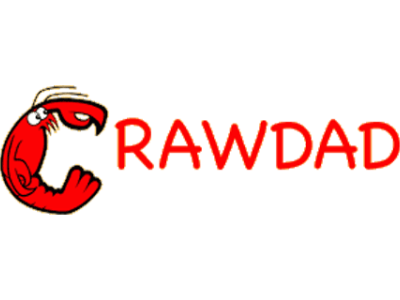CRAWDAD wisc/wiscape
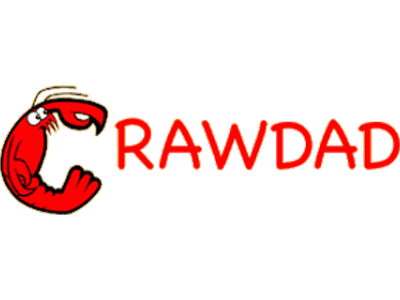
- Citation Author(s):
-
Jongwon Yoon (University of Wisconsin-Madison)Sayandeep Sen (University of Wisconsin-Madison)Joshua Hare (University of Wisconsin-Madison)
- Submitted by:
- CRAWDAD Team
- Last updated:
- DOI:
- 10.15783/C71C7D
- Data Format:
 68 views
68 views
- Categories:
Abstract
Dataset of network performance data collected with WiScape framework from three commercial cellular wireless networks.
last modified : 2012-08-03
release date : 2012-08-03
date/time of measurement start : 2008-03-13
date/time of measurement end : 2011-05-05
collection environment : We carried out extensive measurements on wide area wireless networks over a duration of more than 1 year, spanning a geographical area of more than 155 sq. km. in and around Madison, WI, a road stretch of 240 km between Madison, WI, and Chicago, IL, and locations in New Brunswick, NJ, and Princeton, NJ. We collected measurement samples on three 3G cellular networks.
network configuration : Our measurement setup consists of a measurement coordinator running on a desktop in our university laboratory, with well-provisioned connectivity to the Internet. This coordinator periodically requests and collects measurements from different client devices (based on Windows and Linux platforms). All of our measurements were collected using laptops or single-board computers equipped with different models of cellular modems (some were USB-based, and others were PCMCIA).
data collection methodology : We collected data from three different cellular networks with nation-wide footprints, referred to as NetA, NetB, and NetC. The data collection process has been ongoing in multiple stages for more than one year now, and different clients in our measurement setup had different capabilities and characteristics.
sanitization : We removed unnecessary information which we collected but didn't use for our paper.
Traceset
wisc/wiscape/groundtruth
Network performance data collected with WiScape framework in 2009-2011.
- files: standalone.tgz, README_standalone.txt, wireover.tgz, README_wirover.txt, roadSeg.tgz, README_roadSeg.txt, prox.tgz, README_prox.txt, spot.tgz, README_spot.txt
- description: Traceset of network performance data collected with WiScape framework from three commercial cellular wireless networks.
- measurement purpose: Network Performance Analysis
- methodology: Our measurement setup consists of a measurement coordinator running on a desktop in our university laboratory, with well-provisioned connectivity to the Internet. This coordinator periodically requests and collects measurements from different client devices (based on Windows and Linux platforms). Different clients in our measurement setup had different capabilities and characteristics.
wisc/wiscape/groundtruth Traces
- standalone: TCP throughput measurements collected on public transit buses in Madison.
- configuration: Linux-based measurement nodes equipped with a single cellular network interface (NetB) were mounted on public transit buses in Madison, WI. We collected TCP throughput measurements over NetB by sending a 1MB file to the client.
- format:
We have clustered the data points into regions of 250 meter radius. We have a
file for each of the clusters and 1184 clusters in all.
The longitude and latitute of the center of the cluster is embedded in the file
name. Each row of the file has data in the following format:
UNIX timestamp,network name,throughput in Kbps.
- wirover: Ping-based RTT measurements collected on public transit buses in Madison.
- configuration: The collection process is the newer incarnation of the standalone collection process, in which all of the bus-mounted nodes are now equipped with two network interfaces (for NetB and NetC) and provide free WiFi service to bus passengers using the multi-network setup. Over time, these buses generated multiple measurement values for each location along this path stretch.
- format:
The files with prefix MM correspond to buses belonging to Madison Metro
transit system. The files with VG prefix correspond to a Van-Galder bus running
between Chicago and Madison.
Each row of the files has data in the following format:
UNIX timestamp,Latitude,Longitude,Bus speed(from GPS in Km/hr),Bus id,network
name,RTT (in msec).
- roadseg: TCP and UDP packet traces collected while driving across a stretch of roadway on personal automobiles.
- configuration: The data was collected over NetB and NetC.
- format:
Each row of the file has data (measured packet information) in the following
format:
network name,protocol,pkt_size,pkt sequence number,measurement duration,date,
time,latitude,longitude
- proximate: TCP and UDP packet traces collected by driving around in a car.
- configuration: The traces were collected over NetA, NetB, and NetC.
- format:
Each row of the file has data (measured packet information) in the following
format:
network name,protocol,pkt_size,pkt sequence number,measurement duration,date,
time,latitude,longitude
- spot: TCP and UDP packet traces collected indoors at one specific location.
- configuration: The traces were collected over NetA, NetB, and NetC.
- format:
Each row of the file has data (measured packet information) in the following
format:
network name,protocol,pkt_size,pkt sequence number,measurement duration,date,
time,latitude,longitude
Instructions:
The files in this directory are a CRAWDAD dataset hosted by IEEE DataPort.
About CRAWDAD: the Community Resource for Archiving Wireless Data At Dartmouth is a data resource for the research community interested in wireless networks and mobile computing.
CRAWDAD was founded at Dartmouth College in 2004, led by Tristan Henderson, David Kotz, and Chris McDonald. CRAWDAD datasets are hosted by IEEE DataPort as of November 2022.
Note: Please use the Data in an ethical and responsible way with the aim of doing no harm to any person or entity for the benefit of society at large. Please respect the privacy of any human subjects whose wireless-network activity is captured by the Data and comply with all applicable laws, including without limitation such applicable laws pertaining to the protection of personal information, security of data, and data breaches. Please do not apply, adapt or develop algorithms for the extraction of the true identity of users and other information of a personal nature, which might constitute personally identifiable information or protected health information under any such applicable laws. Do not publish or otherwise disclose to any other person or entity any information that constitutes personally identifiable information or protected health information under any such applicable laws derived from the Data through manual or automated techniques.
Please acknowledge the source of the Data in any publications or presentations reporting use of this Data.
Citation:
Jongwon Yoon, Sayandeep Sen, Joshua Hare, wisc/wiscape, https://doi.org/10.15783/C71C7D , Date: 20120803


